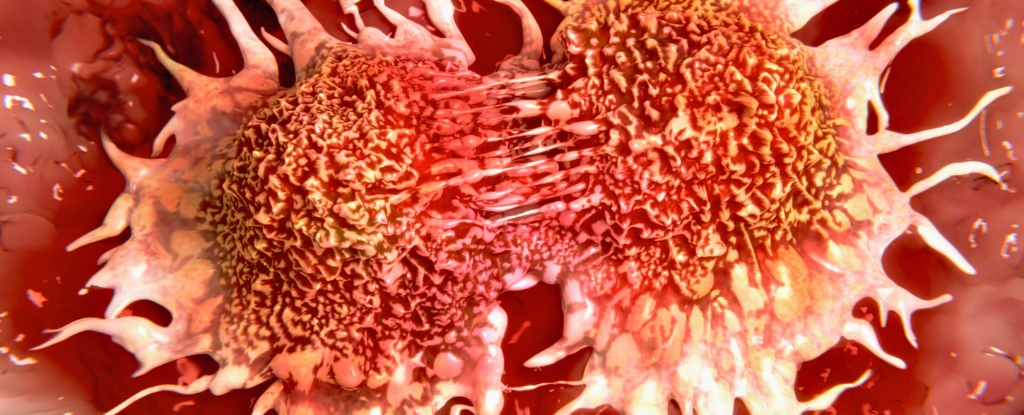T4K3.news
Common viruses may reactivate dormant cancer cells
A study reveals that Covid-19 and influenza can awaken dormant cancer cells in survivors, increasing risks.

New research shows that common respiratory viruses could trigger the return of cancer in survivors.
Common viruses may reactivate dormant cancer cells in survivors
A study from the University of Colorado Anschutz Medical Campus suggests that common respiratory viruses like Covid-19 and influenza can reactivate dormant breast cancer cells in patients who are in remission. The research demonstrated that these viruses can provoke a severe inflammatory response, leading to the reawakening of cancer cells that had previously been undetected. The team conducted laboratory tests on mice with dormant cancer cells, exposing them to both SARS-CoV-2 and the flu virus. The results showed that the infections spurred the rapid spread of cancer cells within days, resulting in secondary tumors within two weeks. An analysis of existing health databases supported these findings, revealing a higher risk of metastatic cancer relapse in survivors who had contracted these viruses.
Key Takeaways
"Dormant cancer cells are like the embers left in an abandoned campfire, and respiratory viruses are like a strong wind that reignites the flames."
Dr James Degregori emphasizes the alarming effect of viruses on dormant cancer cells.
"Our findings suggest that cancer survivors may be at increased risk of metastatic relapse after common respiratory viral infections."
Dr Roel Vermeulen highlights the critical findings regarding cancer relapse and virus infections.
This study raises essential questions about the long-term management of cancer survivors, particularly amid the ongoing prevalence of respiratory viruses. The identification of interleukin-6 as a trigger for the awakening of dormant cancer cells is particularly noteworthy. It opens doors for targeted treatments aimed at preventing such reactivation. However, the implications of these findings stretch beyond research laboratories into public health strategies, emphasizing the need for healthcare providers to be vigilant in monitoring cancer patients during viral outbreaks. As the research highlights, the intersection of viral infections and cancer triggers could necessitate new guidelines for patient care during flu and Covid-19 seasons.
Highlights
- Viruses can be the wind that reignites dormant cancer flames.
- This research could redefine cancer management in survivors.
- Understanding inflammation is key to treating reactivated cancer.
- Precaution is vital for cancer survivors during viral outbreaks.
Potential increased risk for cancer patients
The study suggests that respiratory viruses may significantly impact cancer survivors, leading to a higher risk of metastatic relapse. This raises concerns about healthcare responses to viral infections in this vulnerable population.
Future research and patient guidelines will be crucial to mitigate these risks.
Enjoyed this? Let your friends know!
Related News

Study Shows Viruses Can Reactivate Breast Cancer

Research connects respiratory infections to cancer cell activation

Common virus linked to increased MS risk in Americans

New studies explore sunlight benefits for health

Research shows stevia may combat pancreatic cancer

Breakthrough mRNA vaccine shows potential to treat cancer

New cancer vaccine shows potential for all tumours

Warning over sucralose impact on cancer treatments
